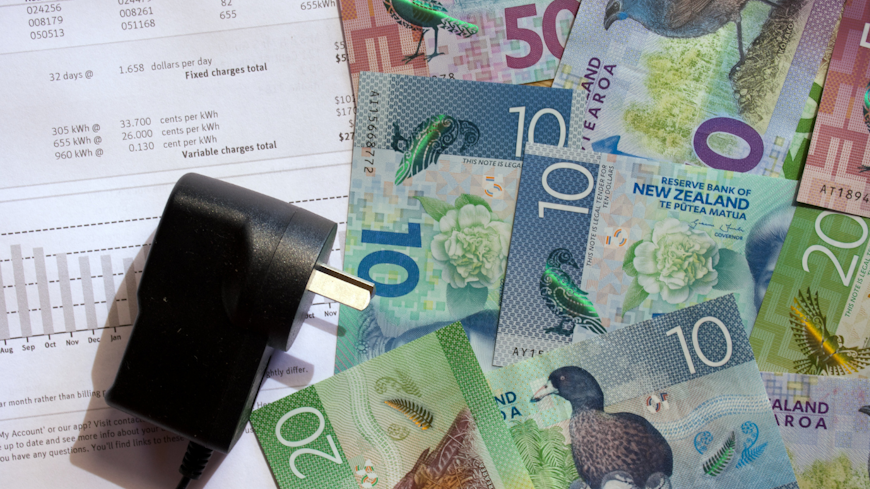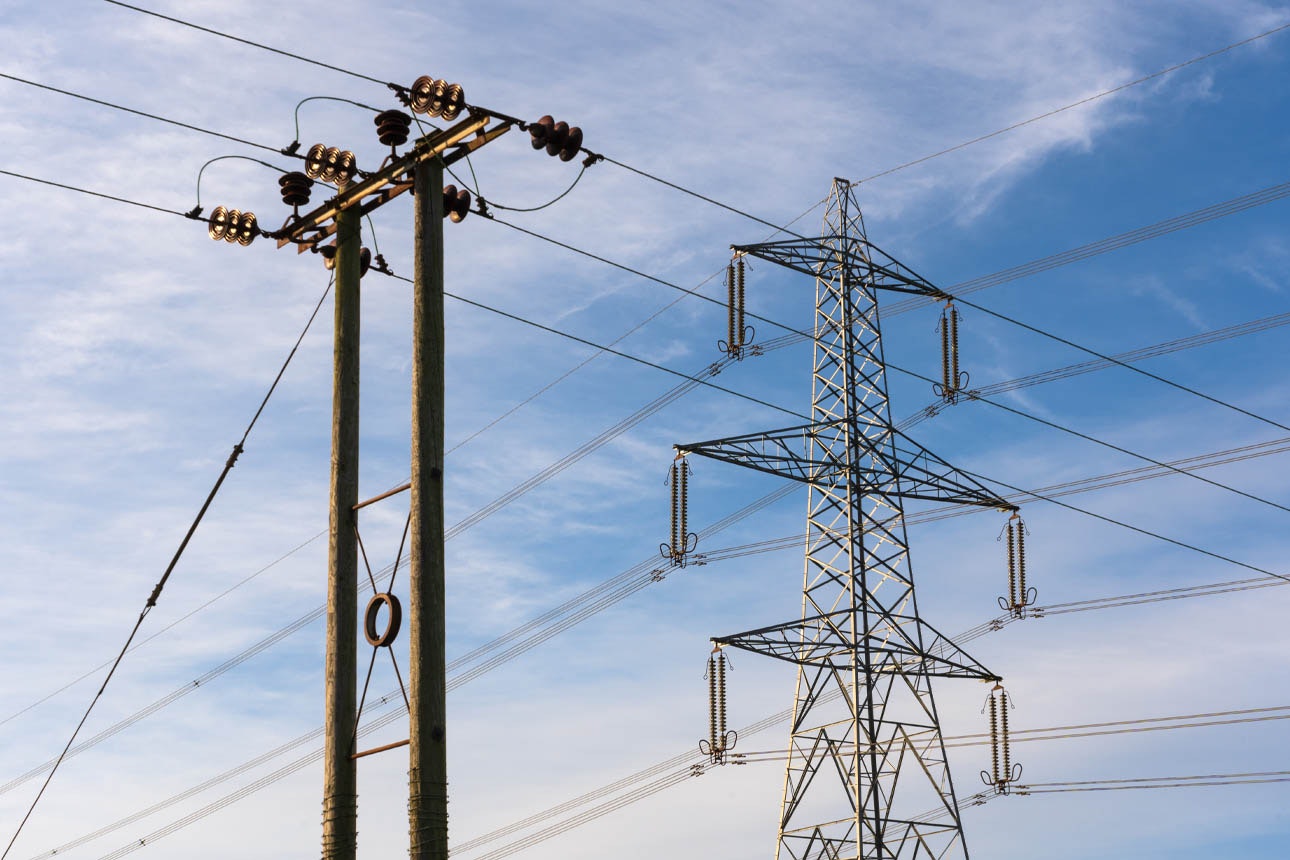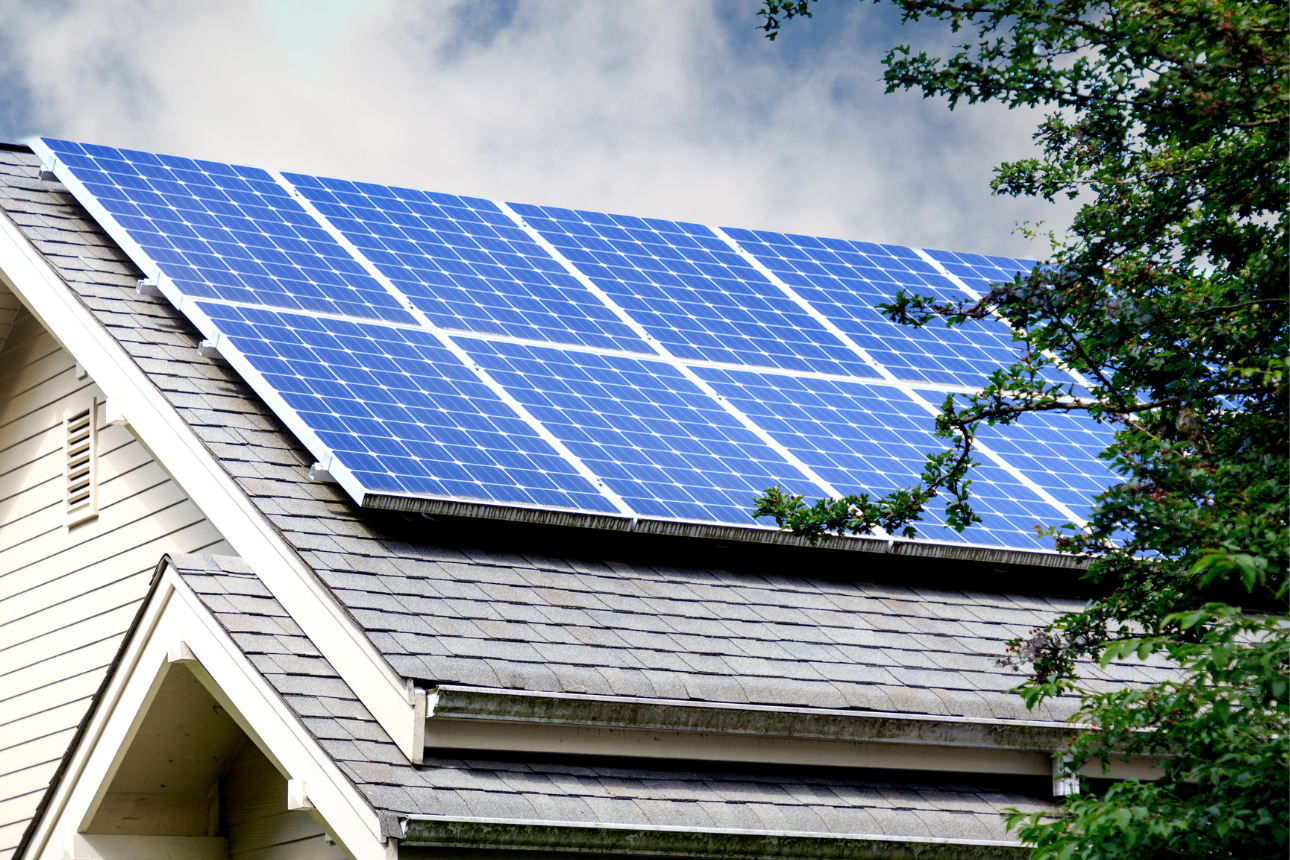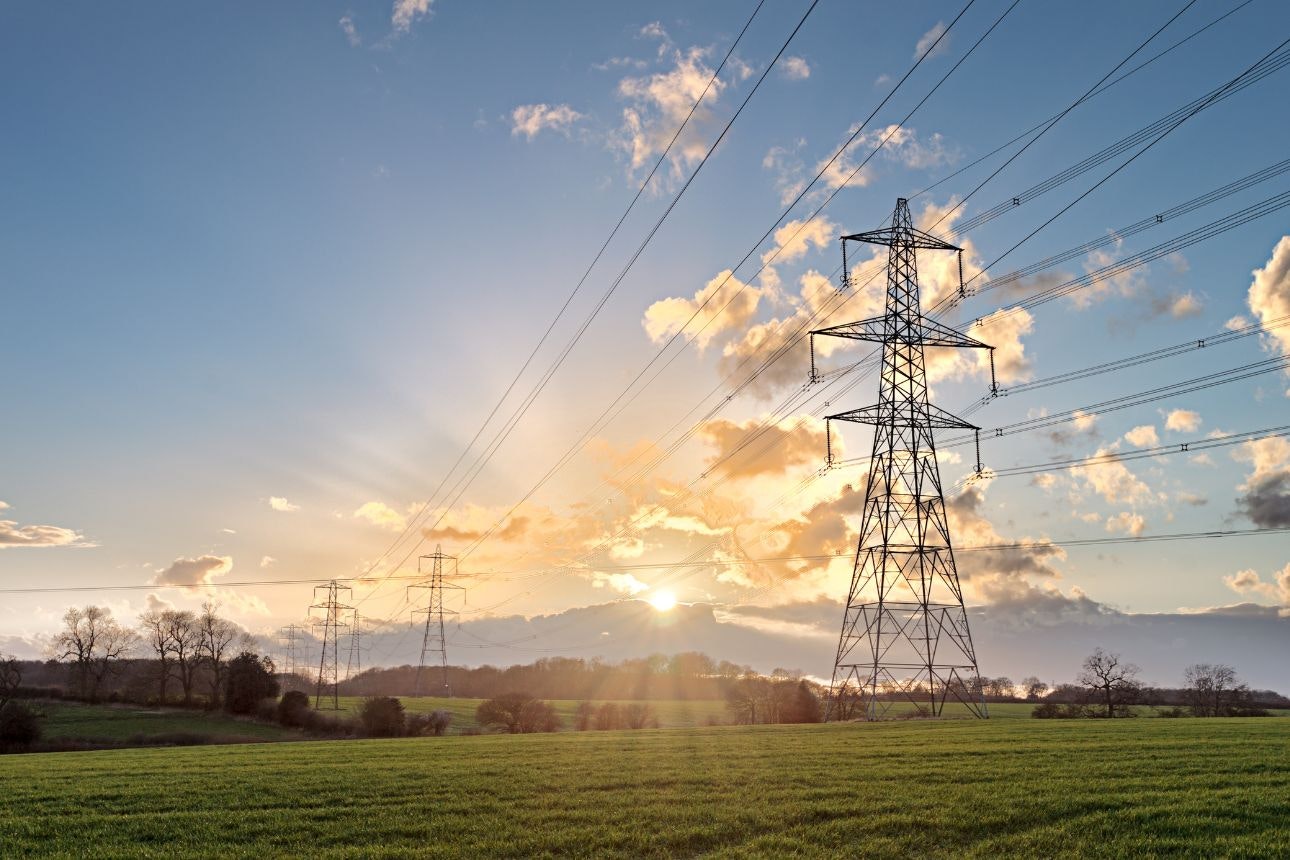
By Kate Harvey
Content Manager | Pou Whakahaere Ihirangi
At Consumer NZ we have no shortage of ideas on how to save money on power. If you search this website, you’ll find dozens of ways we suggest you could lower your bill. But there’s one power-saving tip that we think rules them all.
The one thing we think can have the biggest impact on your power bill is changing to what’s called a time-of-use plan.

What are time-of use plans?
Time-of-use plans encourage you to use power outside the peak times – when everyone usually gets up and gets going for the day, and when they come home and get on with their evening. These plans make power either cheaper or free for a certain period outside those peak times.
Why you should be on a time-of use plan
Paul Fuge is the manager of our Powerswitch website and said most power companies now offer a time-of-use plan. Most reward moving power use to night-time, but he’s also seen ones that offer cheaper or free power in the middle of the day and on the weekend.
“For people who can move a big part of their power load out of the peak there are big savings to be had,” Paul said.
“I've been on a time-of-use plan for a year now and, comparing bills to the previous year, I can see I have managed to save about $600 over the year by load shifting.”
Moving your power use away from the peak is also an environmentally friendly move – if there is less demand for power during the peaks, the country’s power generators don’t have to fire up the gas and coal-powered stations as often.
“Moving demand from peak times also reduces the pressure on the electricity lines networks so it can defer or negate the need for expensive infrastructure upgrades, which will help keep a lid on costs,” Paul said.
How it can save you hundreds
Here’s how two people have used time-of-use plans to bring down their power bills.
Andrew Cooper
Andrew works for a power company so thinks about power all day. But moving 80% of his power load to night-time hasn’t taken much thought at all, he said.
The plan Andrew’s on gives him half-price power between 11pm and 7am, so he’s scheduled his EV to charge while he’s sleeping. His dishwasher and washing machine get loaded in the evening, and he presses their 2-hour delay buttons before he goes to bed, so the machines don’t come on until the cheaper period.
“So it halves the cost of running it with no effect on my life. You start to have these habits,” Andrew said.
“It requires a bit of tinkering to start with. I have automated my heaters to heat the house prior to the peaks. So in the morning they come on at 6am and are set at 21 degrees but then at 7am they turn down to 18 degrees. The experience in the morning is just as warm but so much cheaper.”
With his power plan, Andrew also gets an hour of power free during the off-peak period. So, he holds off jumping in the shower until 9pm when heating the hot water doesn’t cost anything.
There are some things that have to happen in the peak period, such as bathing his young daughter and cooking the family dinner. But by forming a few habits he said he has managed to bring his power bill down “several hundred dollars a year”.
“The country has to build a grid to cope with the peak demand so if we can work together to use power outside peak times that’s an avoidable cost,” he said.
Stephen Burrough
Stephen built our Powerswitch website two decades ago and still works behind the scenes making sure it has all the latest power plans in its database.
With all that knowledge of power plans, Stephen is a big fan of time-of-use ones. His plan gives him free power between 9pm and midnight. His summer power bills were under $100 a month.
Stephen and his wife are night owls so decided to look at how they could switch up their day to make the most of the free power.
“Our main uses of power were doing the washing, sticking the dishwasher on and putting clothes through the clothes dryer,” Stephen said. “So we basically changed to a regime where we moved those to just after nine o’clock each night.”
At 9pm they turn on the dishwasher and washing machine. When the washing machine finishes, they put the load in the dryer and go to bed.
“We had been on a cheap power plan but we still saw a big drop each month.”
He says they’re not tempted to try and move more power to late at night, because at present what they do is easy.
“If we tried to deliberately change our lifestyle we most likely wouldn’t maintain it. You need to ask whether it fits in with your lifestyle and if you can make minor changes, but generally live the same, then it’s worthwhile.”

Are you paying too much for power?
We'll help you compare and find the best electricity and gas plan. Check now to see if you’re getting the best deal.



